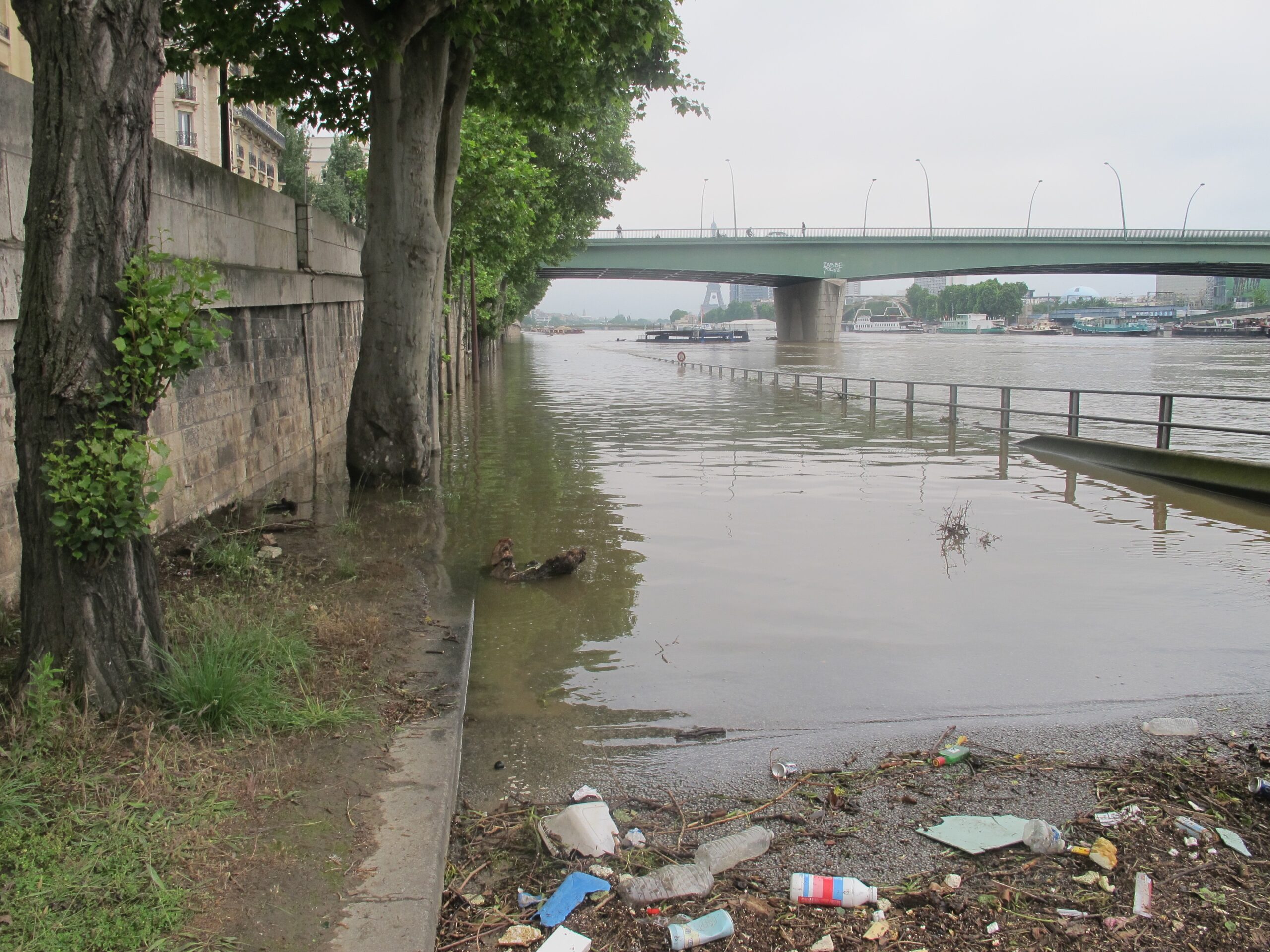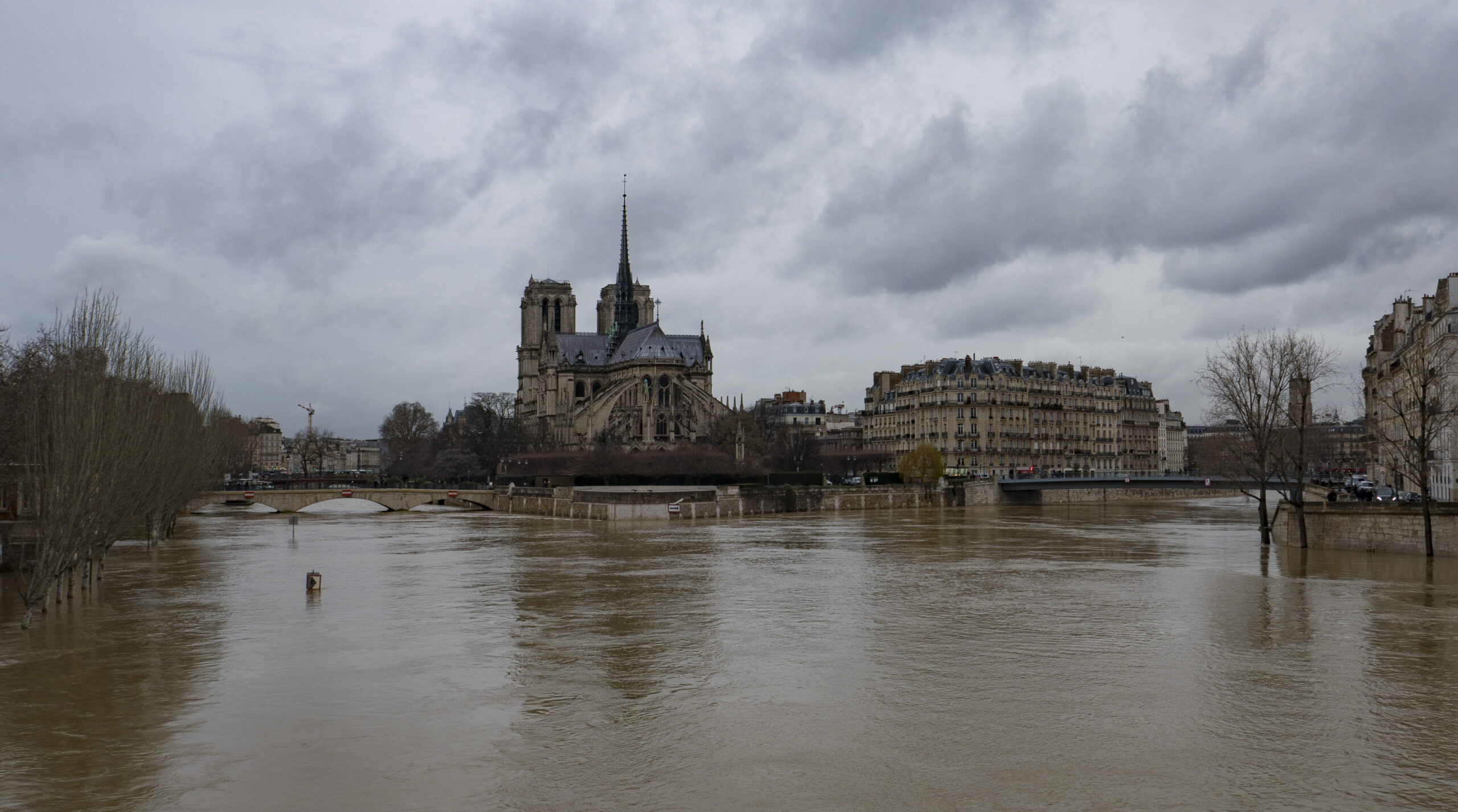Ahead of the 2024 Paris Olympics, officials have detected alarming levels of pollution in the Seine river. Multiple open water events are set to take place in the Seine including triathlon, marathon swimming and Para-triathlon. Although there has been outcry from health officials and athletes to change the location of open water events out of the very polluted Seine, Paris governing officials have insisted that pollution levels will be mitigated before the summer, and that it was an important legacy for the Seine to be included in the Olympics.
Surfrider Foundation Europe, a network of activists supporting efforts to protect the ocean and its users, conducted 14 tests on water samples taken from different areas of the Seine. All of the samples failed to meet European Union (EU) water regulations and contained alarming levels of bacteria found in human fecal matter, such as E.Coli and enterococcus faecalis.
Public swimming has officially been banned from the Seine since 1923, following determination from officials that the water was unsafe. After spending over $1.5 billion dollars in a decades-long cleanup effort of the Seine for public use, officials are instilled with false hope that the river will be swimmable before the Olympics. These efforts are part of an ambitious plan to re-open the river to public swimming by 2025. French President Emmanuel Macron and Paris Mayor Anne Hidalgo have both personally promised to swim in the Seine before the Olympics to showcase the city’s efforts to clean the river and prove it is safe for the athletes.

President of the Paris Olympic Organizing Committee, Tony Estanguet has admitted that despite the insistence from Paris officials, the triathlon swimming section as well as marathon swimming could be canceled or postponed if pollution levels are still too high. Estanguet stated that he was “confident that it will be possible to use the Seine,” however there could be “a final decision where we could not swim — it’s part of the rules of the International Federation. It’s what we want to avoid, of course.”
The International Olympics committee commented that Estanguet was simply restating the rules laid out by World Triathlon, and if necessary, the event can be made into a duathlon. This would mean that if the water is too polluted, the committee would remove the swimming portion of the event and have athletes only participate in the running and cycling portion.
Brazilian gold medalist winner of the women’s marathon 10-kilometer swim at the 2020 Tokyo Olympics, Ana Marcela Cunha, has been very vocal with her concern regarding the pollution in the Seine. Cunha emphasized that the “river is not made for swimming” and Olympic officials “need a plan B in case it’s not possible to swim in the Seine.”
Despite instances from French public officials, it is necessary to put the health and safety of the athletes first to mitigate health risks as a result of swimming in the polluted Seine. Even if officials hold that the Seine is a necessary part of the Paris Olympics due to its historical significance, if the alarming levels of sewage bacteria remain, it would be best for Olympic officials to have a plan B for these open water events.









